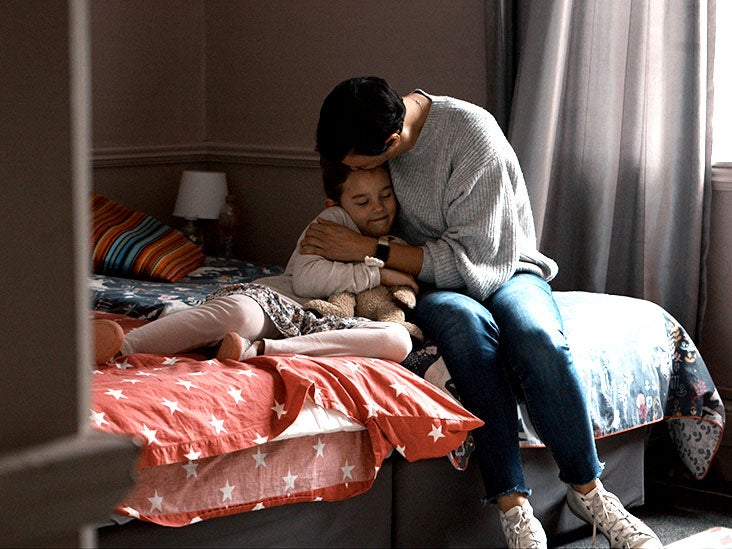Updated on January 5, 2024
Bedwetting Treatment: The Role of Behavioral Therapy in Resolving the Issue
Bedwetting, or nocturnal enuresis, is a common condition that affects many children. While it often resolves naturally with age, some children may benefit from targeted interventions, including behavioral therapy.
Behavioral therapy is a non-invasive and effective approach to addressing bedwetting. It focuses on modifying specific behaviors and routines to encourage better bladder control and reduce nighttime accidents.
A key component of behavioral therapy for bedwetting involves establishing a consistent bedtime routine. This routine may include regular bathroom breaks before bedtime, ensuring the child has emptied their bladder. Creating a calming pre-sleep routine signals the body that it’s time to rest, potentially reducing the occurrence of bedwetting.For more information about bedwetting treatment visit https://nobedwetting.com/.

Image Source: Google
Positive reinforcement plays a crucial role in behavioral therapy. Creating a reward system for dry nights can motivate and empower the child. Whether through a sticker chart, small treats, or words of encouragement, these positive reinforcements celebrate progress and boost the child’s confidence in overcoming bedwetting.
Bedwetting alarms are devices that can be part of behavioral therapy. These alarms detect moisture and trigger an alert, waking the child when they begin to wet the bed. Over time, this conditions the child to recognize the sensation of a full bladder and wake up to use the bathroom independently.
Behavioral therapy emphasizes open communication between parents and the child. Encouraging the child to express their feelings and concerns about bedwetting helps create a supportive environment. This communication is essential in identifying any emotional factors that may contribute to the issue.
Conclusion:
Behavioral therapy plays a significant role in the treatment of bedwetting. By establishing a consistent bedtime routine, incorporating positive reinforcement, using bedwetting alarms, and fostering open communication, this non-invasive approach empowers both parents and children in managing and overcoming bedwetting.
